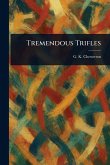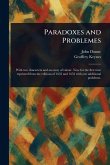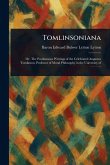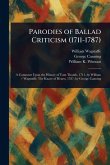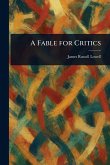John Gay's "The Present State of Wit, 1711: In A Letter To A Friend In The Country" offers a fascinating snapshot of the literary landscape of early 18th-century England. This satirical essay, penned in the form of a letter, delivers sharp wit and insightful literary criticism on the prominent writers and publications of its time. Gay keenly observes and dissects the "characters and characteristics" of the era's literary figures, providing a humorous and critical analysis of their works and reputations. A valuable resource for scholars and anyone interested in literary history, this essay showcases Gay's mastery of satire. It is a significant example of early English literary criticism, offering a unique perspective on the artistic and intellectual currents of the period. Dive into a world of lively debate and clever observations with this republication of a classic essay, providing a glimpse into the vibrant literary scene of 1711. This work has been selected by scholars as being culturally important, and is part of the knowledge base of civilization as we know it. This work is in the public domain in the United States of America, and possibly other nations. Within the United States, you may freely copy and distribute this work, as no entity (individual or corporate) has a copyright on the body of the work. Scholars believe, and we concur, that this work is important enough to be preserved, reproduced, and made generally available to the public. We appreciate your support of the preservation process, and thank you for being an important part of keeping this knowledge alive and relevant.
Bitte wählen Sie Ihr Anliegen aus.
Rechnungen
Retourenschein anfordern
Bestellstatus
Storno




